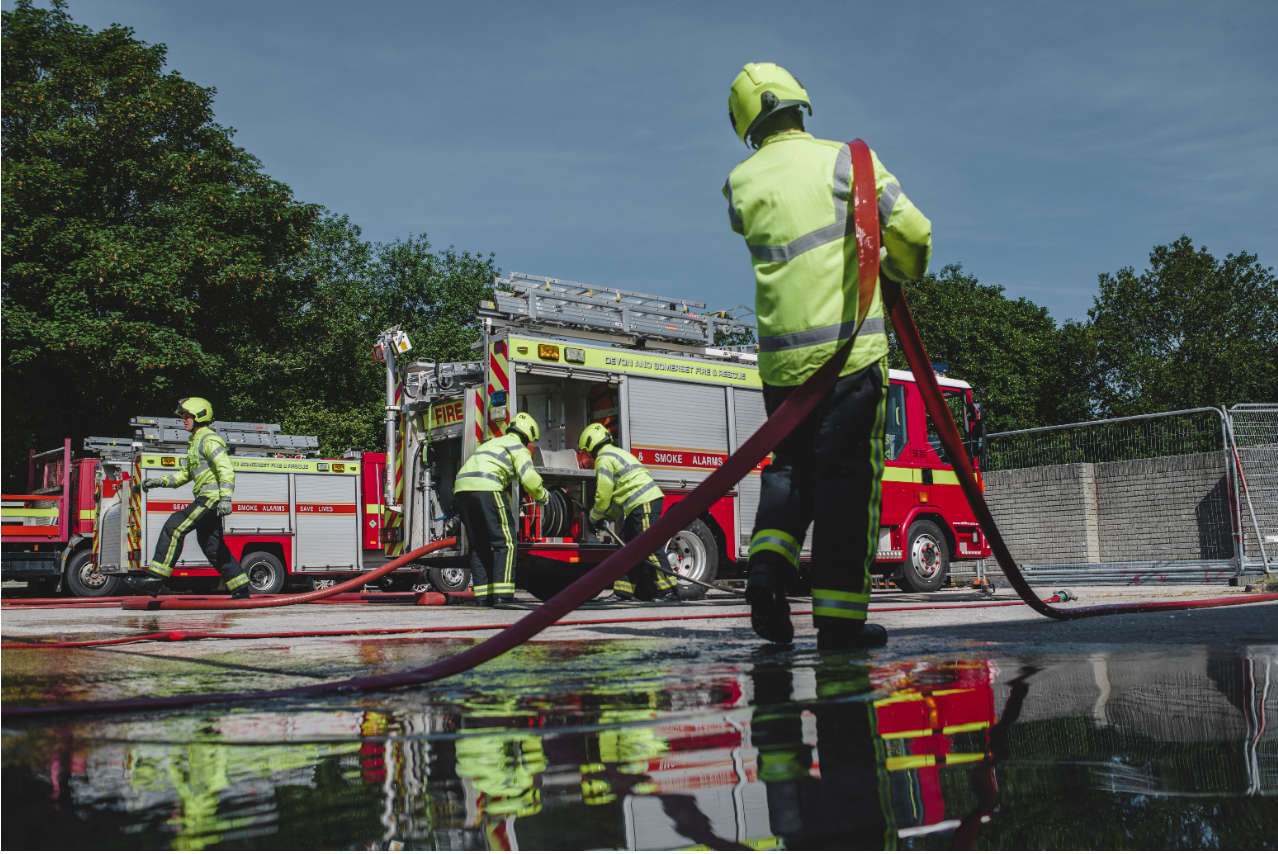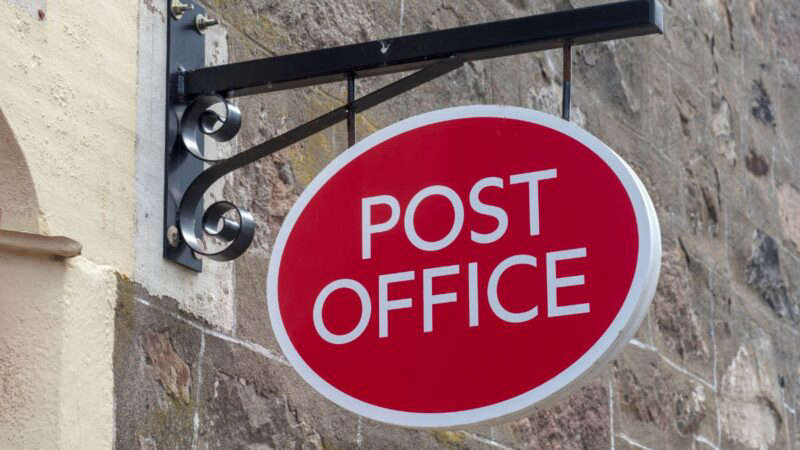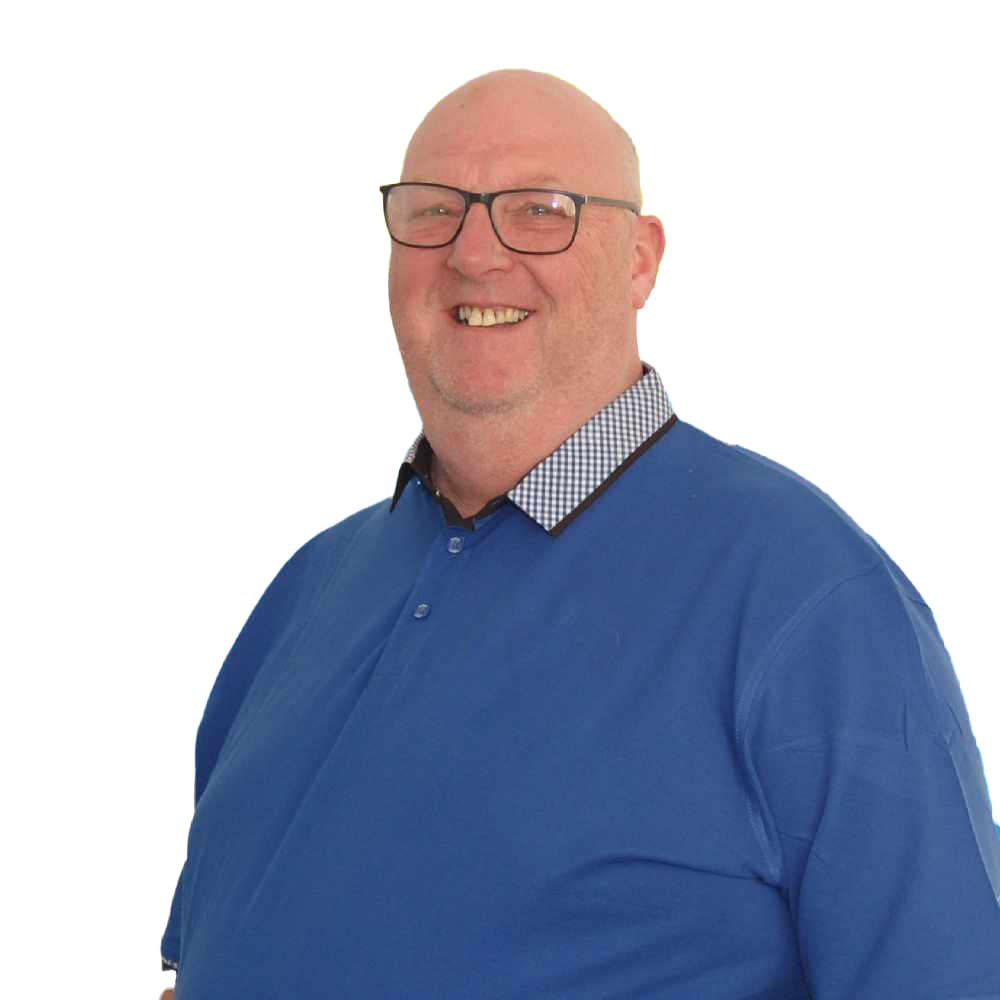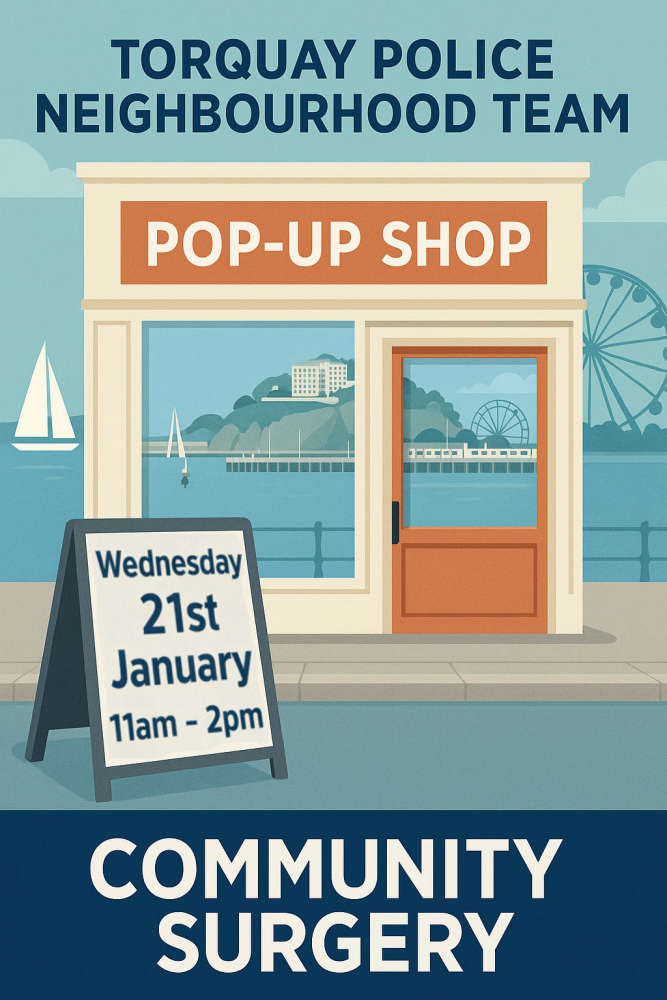
The boss of Devon’s ambulance service has been asked to explain a decision to scrap an agreement for the fire service provide lifesaving treatment at some incidents.
John Martin, chief executive of the South Western Ambulance Service NHS Trust, has been invited to an influential committee at Devon County Council to outline why his service has decided to terminate a collaboration with the fire service that has been in place for around three decades linked to providing first aid.
The ‘co-responder agreement’ means firefighters are ‘first responders’ at some medical emergencies across Devon and Cornwall.
Twenty Devon fire stations are involved in the scheme and receive payments when they attend medical emergencies where they are the first responder.
The ambulance service wants to fill the gap that scrapping the scheme would cause with its community first responders and expects to save around £60 per call.
These are volunteers who attend emergencies where it is essential for patients to receive immediate life-saving care, such as cardiac arrest, chest pain and breathing difficulties.
Cllr Jess Bailey (Independent, Otter Valley), chair of the health and adult care scrutiny committee, said she is “very concerned” the scheme is ending, and had had written to Mr Martin asking him to explain the decision to councillors.
“This partnership has been in place for nearly 30 years during which time many lives have been saved,” she said.
“I understand that the termination of the partnership will see SWAST replacing professional and medically trained firefighters from around 20 fire stations with volunteers, through the expansion of SWAST’s community first responder scheme.
“Devon residents will be extremely concerned about the impact the changes will have on the provision of timely emergency medical assistance, particularly given the rural nature of Devon and the lengthy ambulance response times.”
A source with knowledge of the scheme said one of Devon’s largest fire stations might charge around £10,000 per year for its involvement in the scheme, with roughly £7,000 of that going into fire crews’ wages.
While the amount fluctuates, the change removes this income stream from firefighters’ earnings.
SWAST has said it continually reviews how it responds to 999 calls to ensure a high level of patient care.
“In recent years, we have been developing and strengthening our community first responder (CFR) volunteering model [which] means we will be phasing out the fire co-responder role,” a spokesperson said.
“CFRs receive an enhanced level of clinical training to help them respond to patients. CFRs can, with clinical support from the trust, administer pain relief and discharge patients at scene.
“The cost comparator between a fire co-responder and a SWAST CFR is significant, so as part of our responsibility to provide the best possible care to patients, while meeting national expectations for efficiency and value for money, we are investing into increasing volunteers across the south west.
“As part of the transition, we have invited fire co-responders to train to become CFRs.”
While Cornwall, Devon and Somerset use fire co-responders, it is understood that not all of the South Western Ambulance Service Trust’s patch does, with Avon known to only use voluntary co-responders.
Mr Martin has been invited to meet with councillors on Monday 14 July.

 Hospiscare needs your help with a unique ‘double your money’ fundraising challenge
Hospiscare needs your help with a unique ‘double your money’ fundraising challenge
 County Council invites residents to help shape 2026/27 budget
County Council invites residents to help shape 2026/27 budget
 ‘Pop-up’ vaccination clinics being held in several communities this week
‘Pop-up’ vaccination clinics being held in several communities this week
 Rural areas to be hit hardest by Lloyds’ removal of cheque deposit facilities at Post Offices
Rural areas to be hit hardest by Lloyds’ removal of cheque deposit facilities at Post Offices











